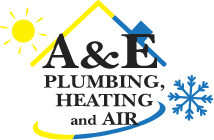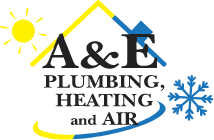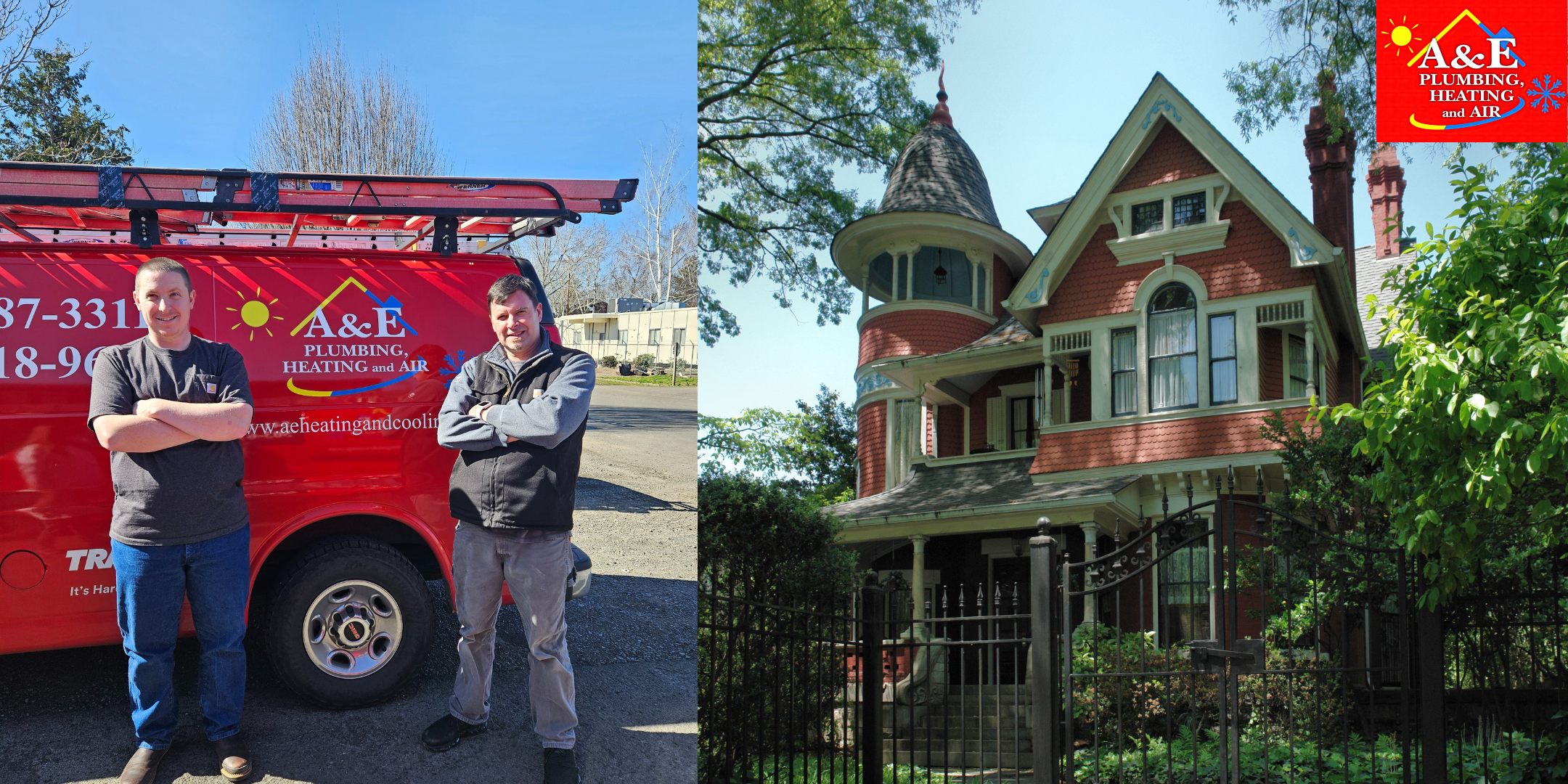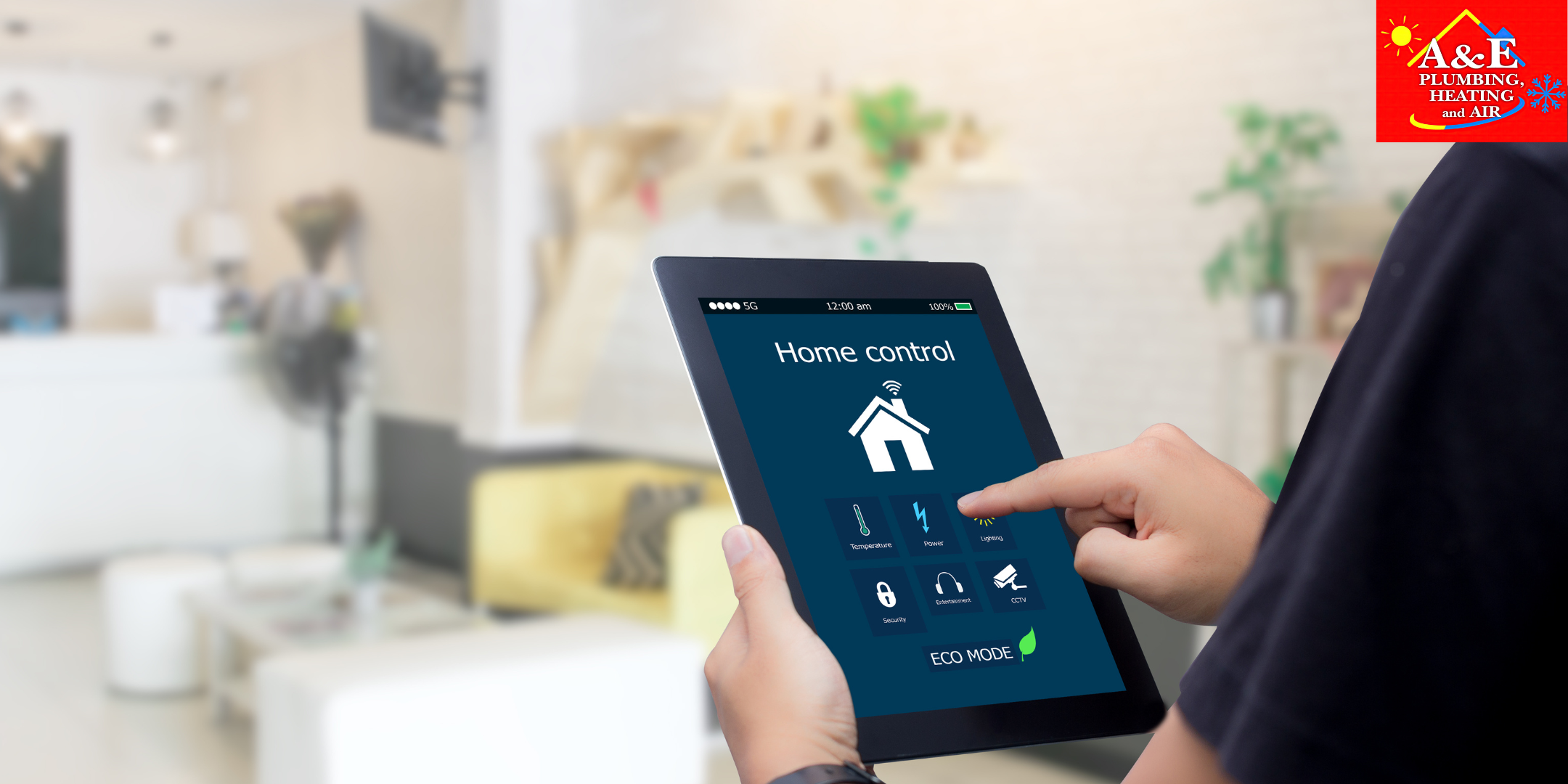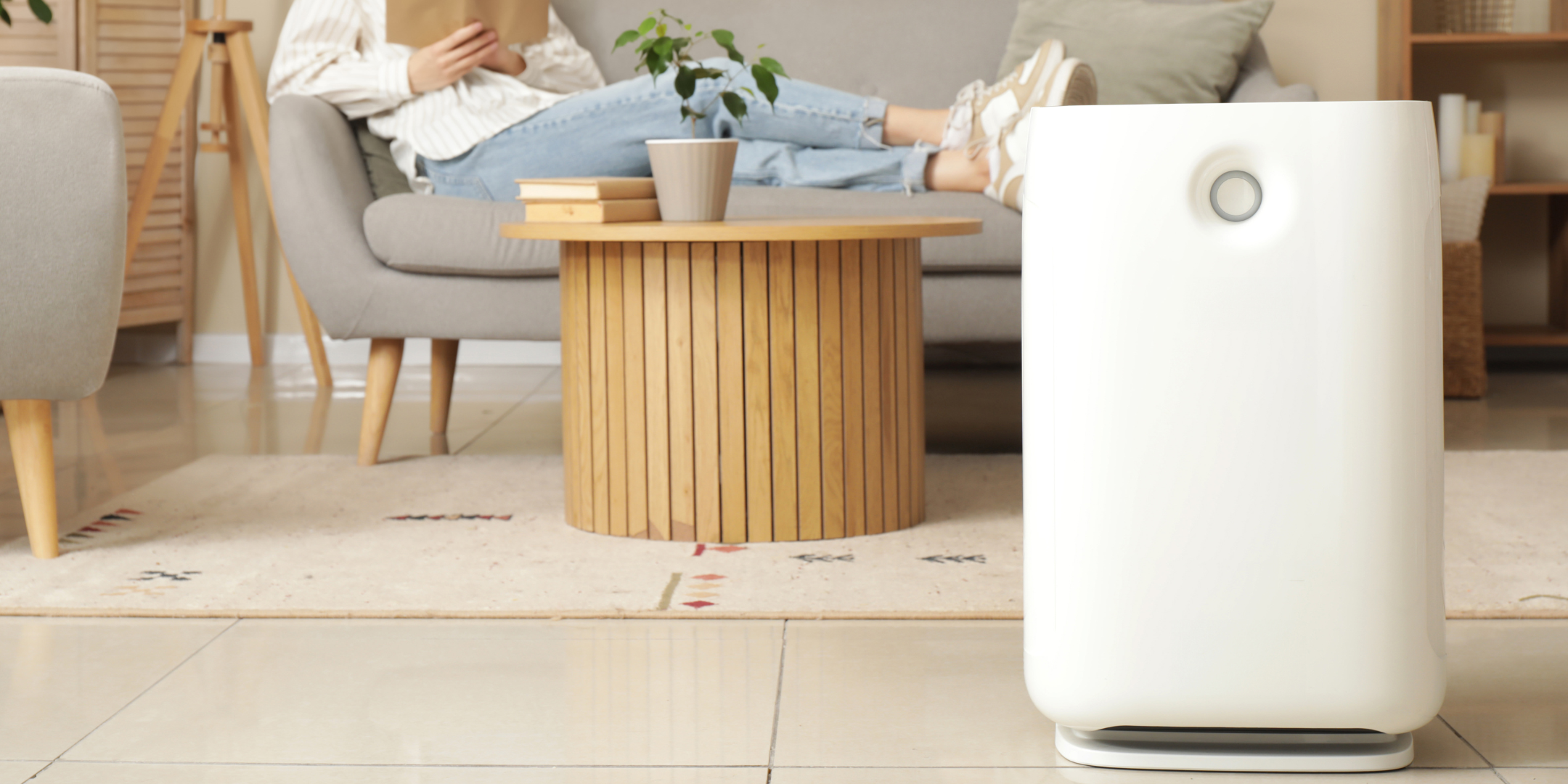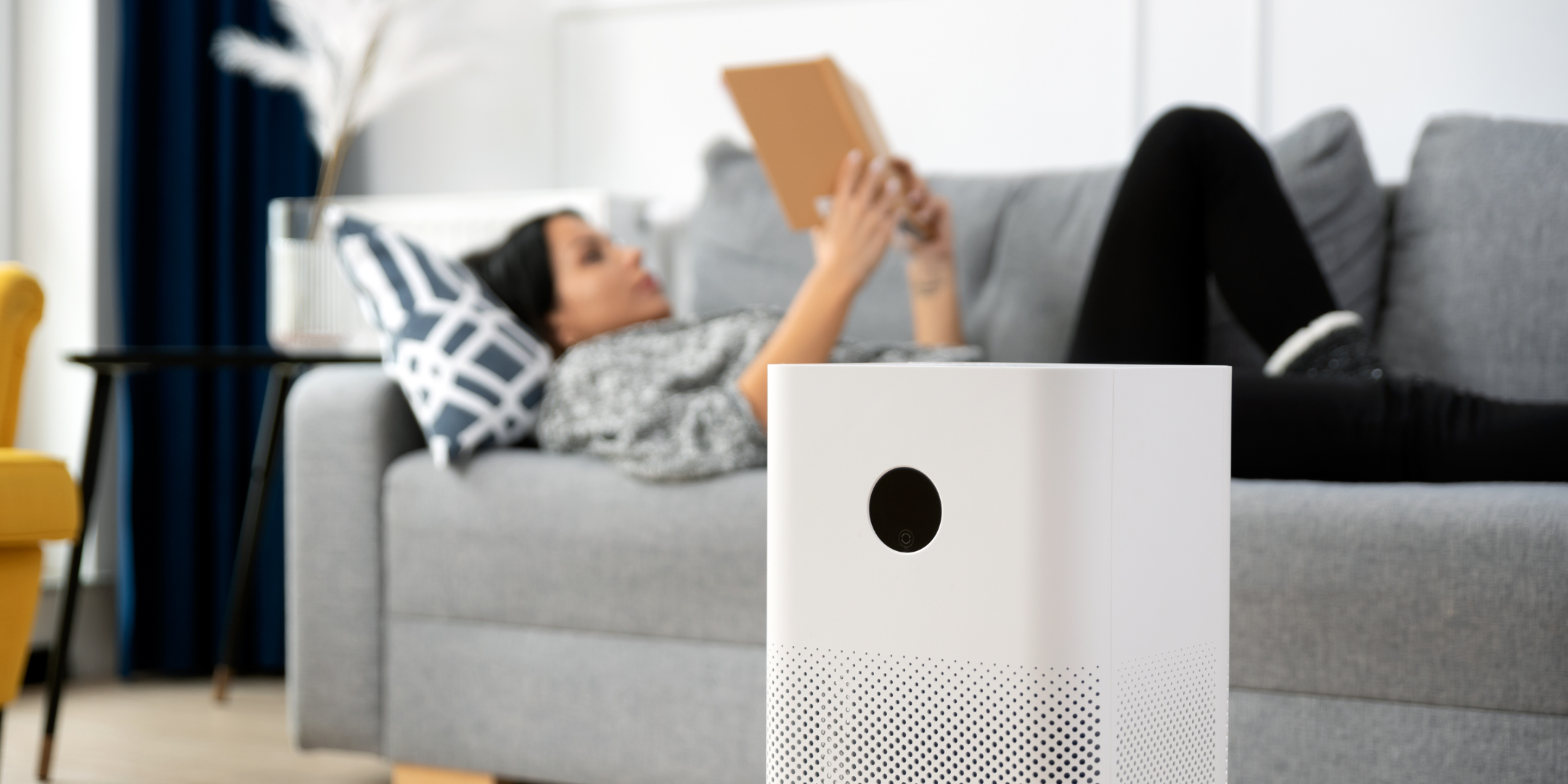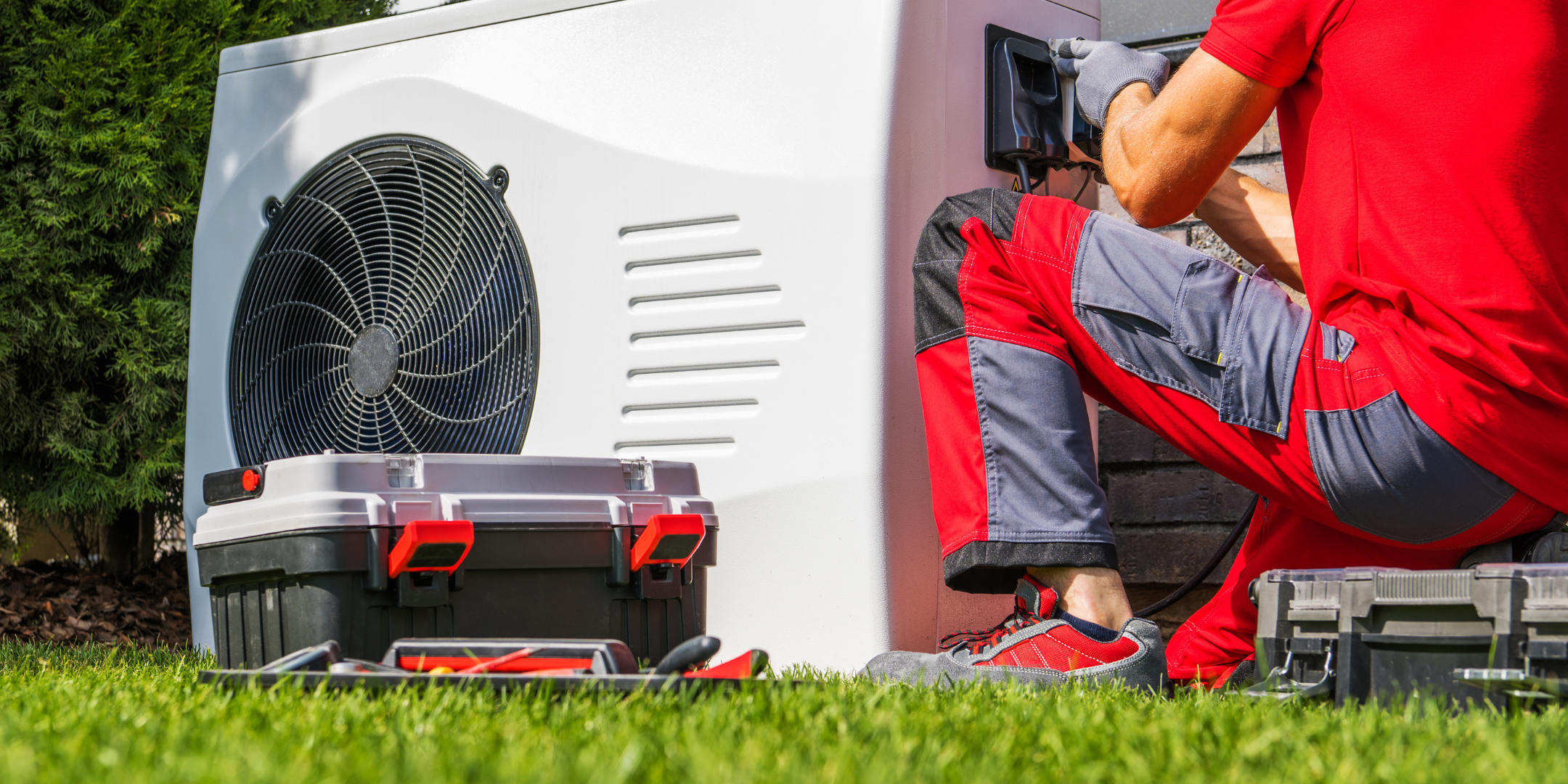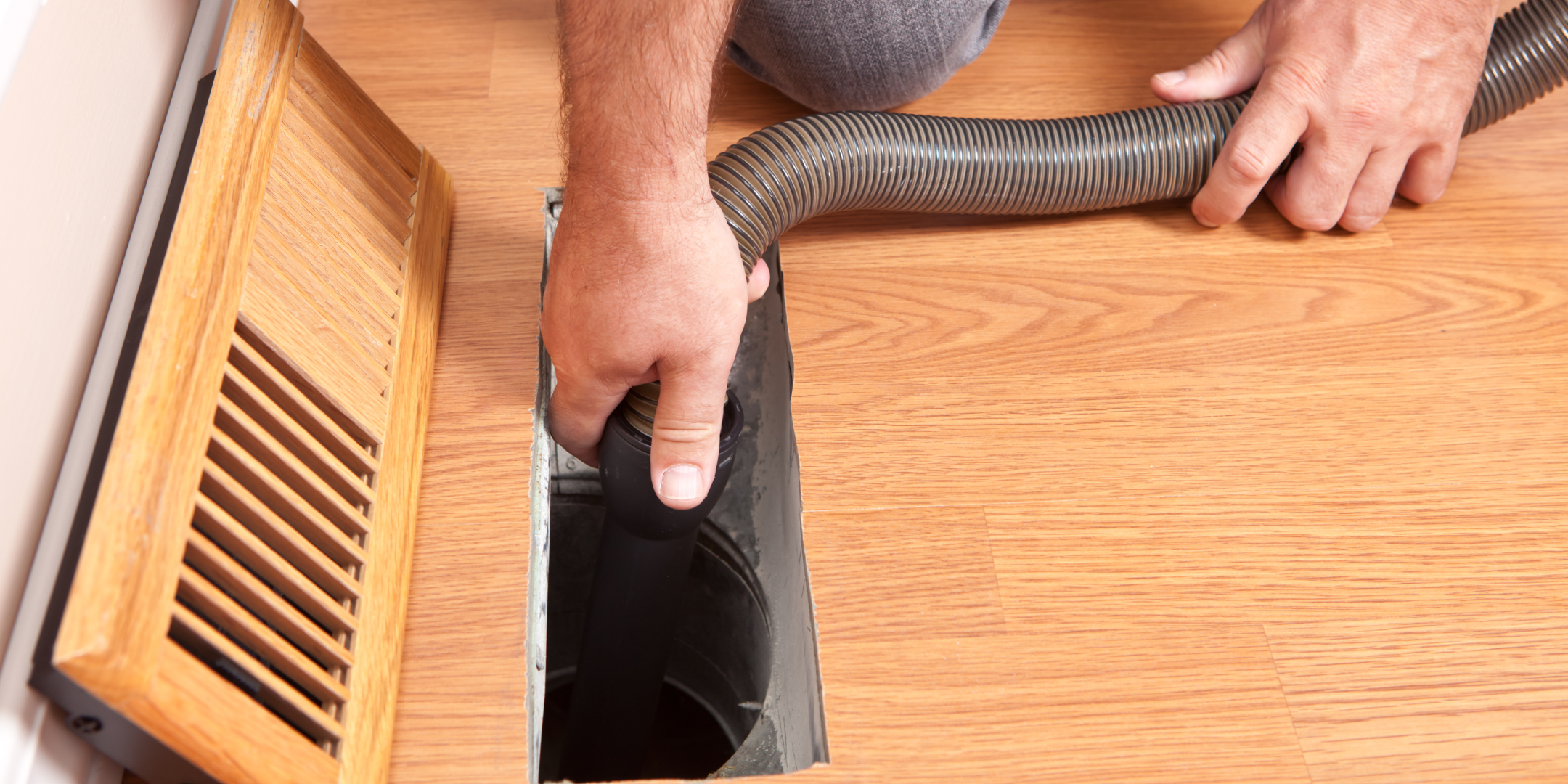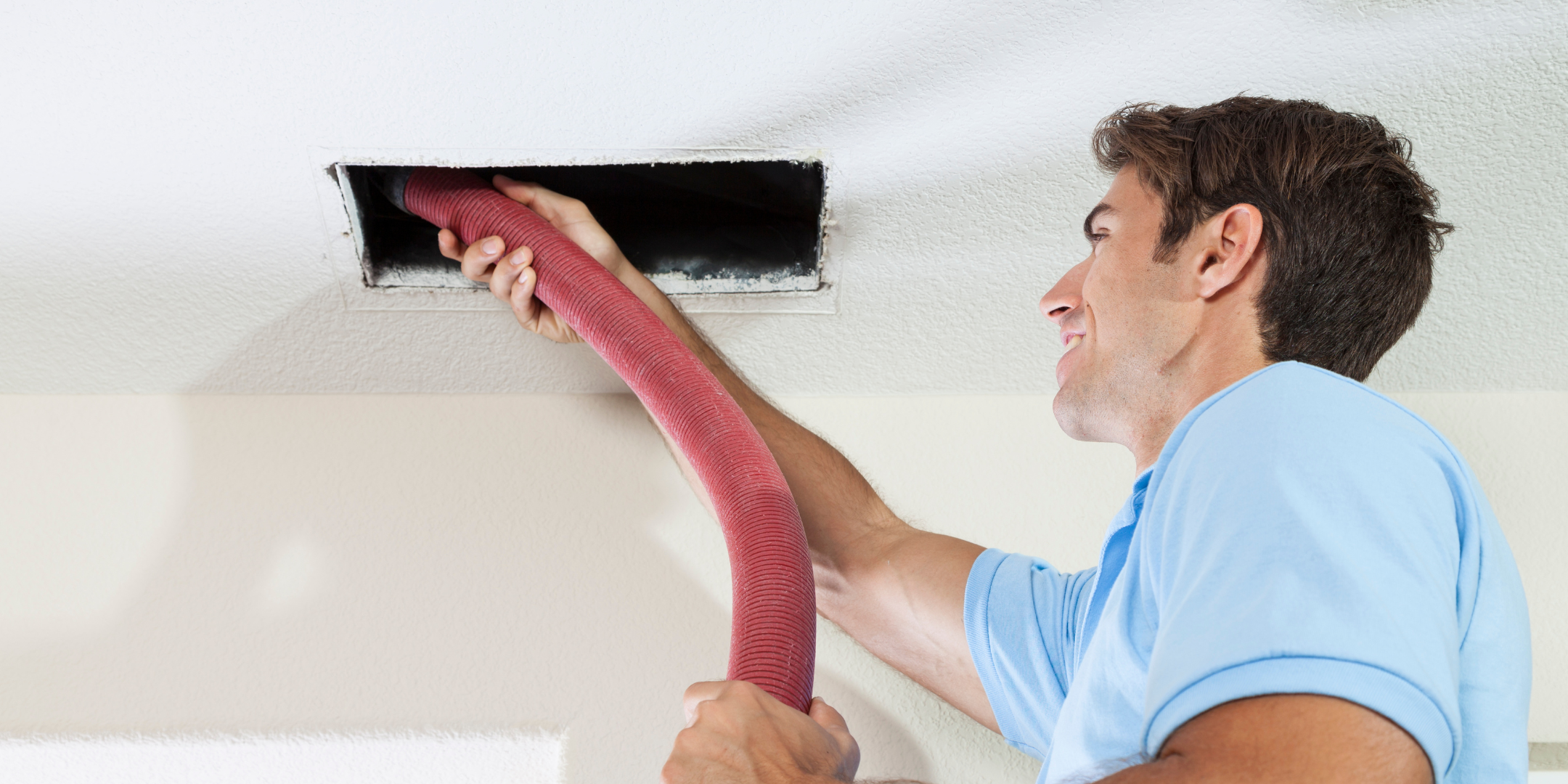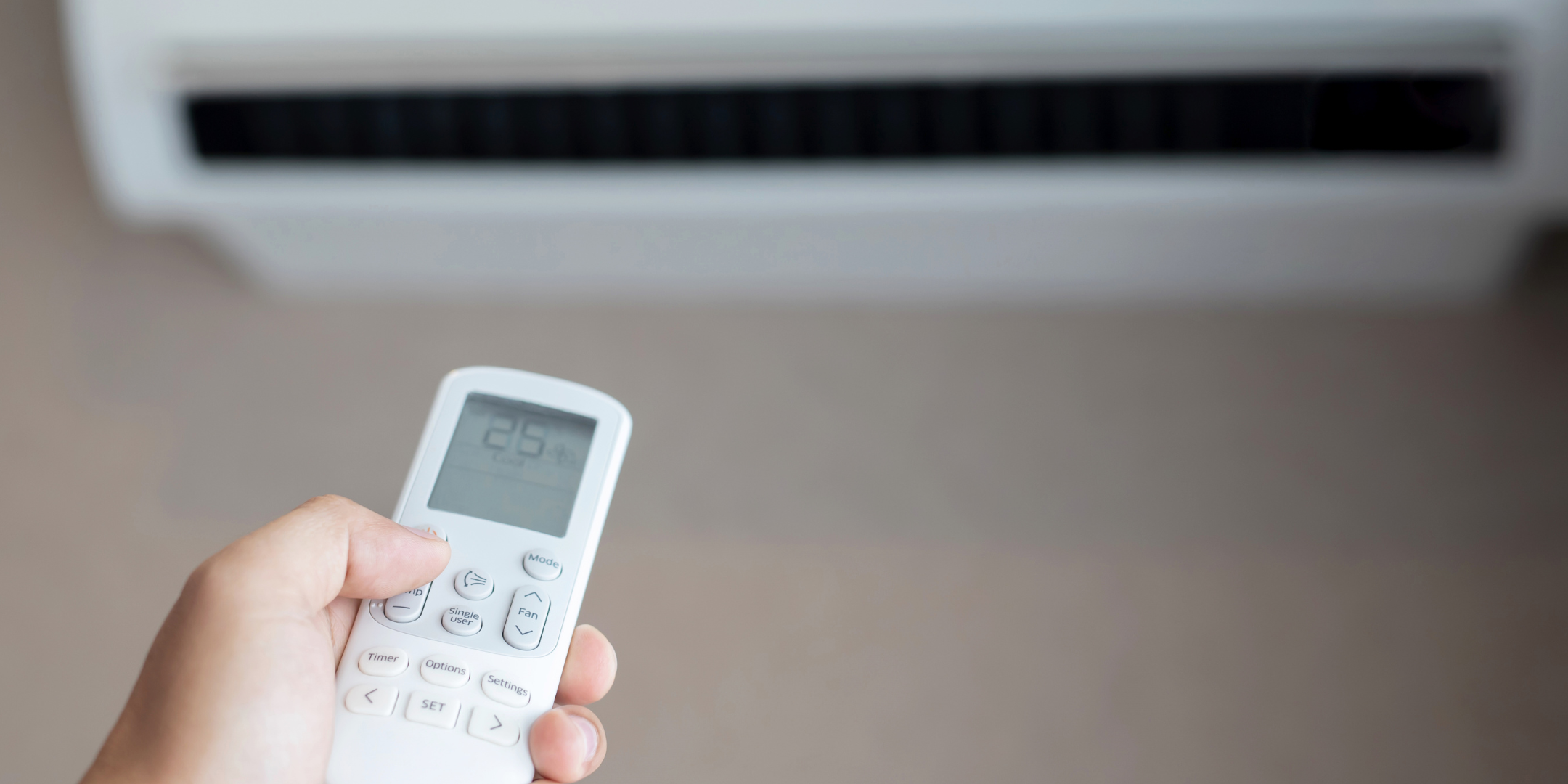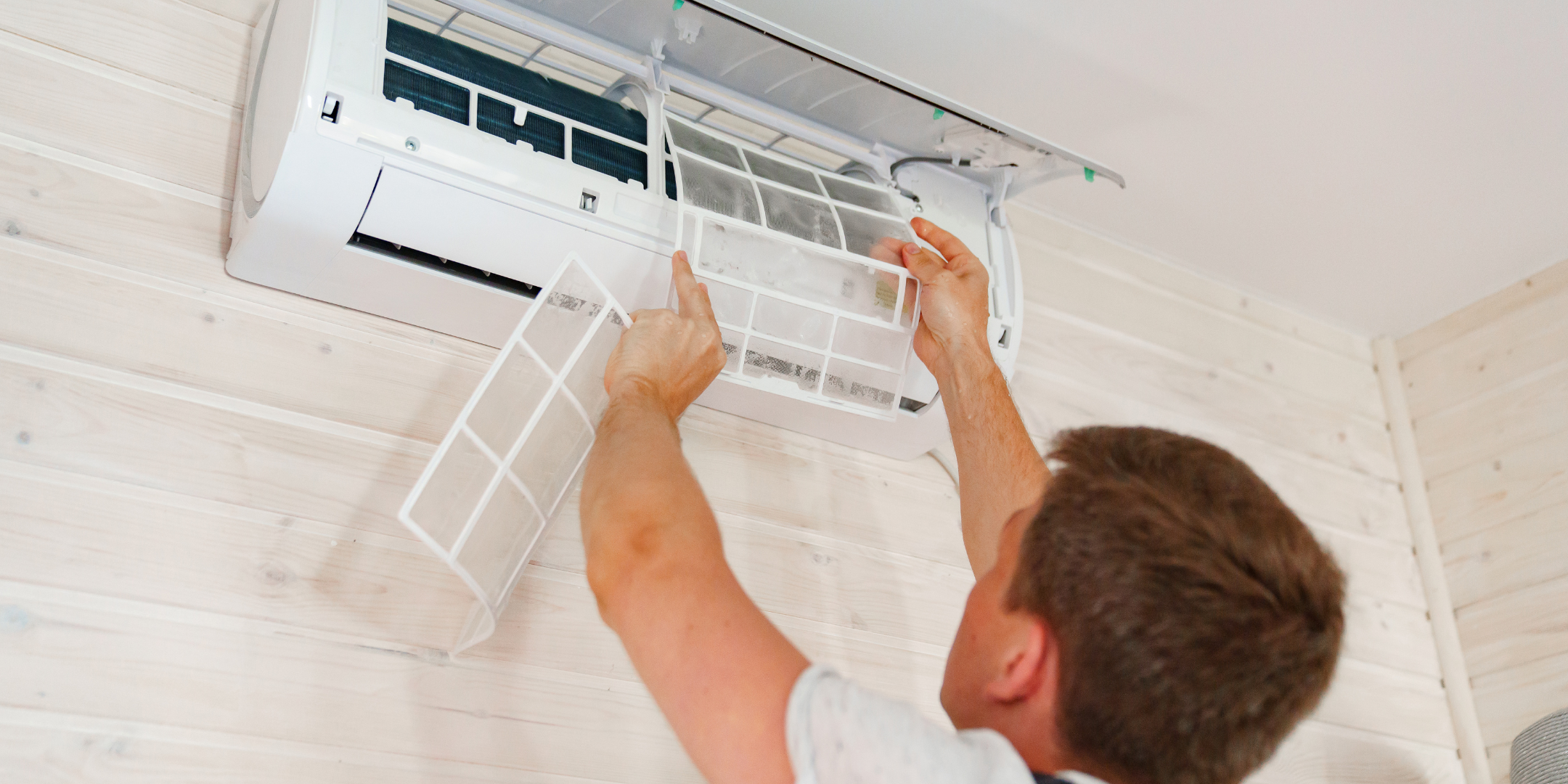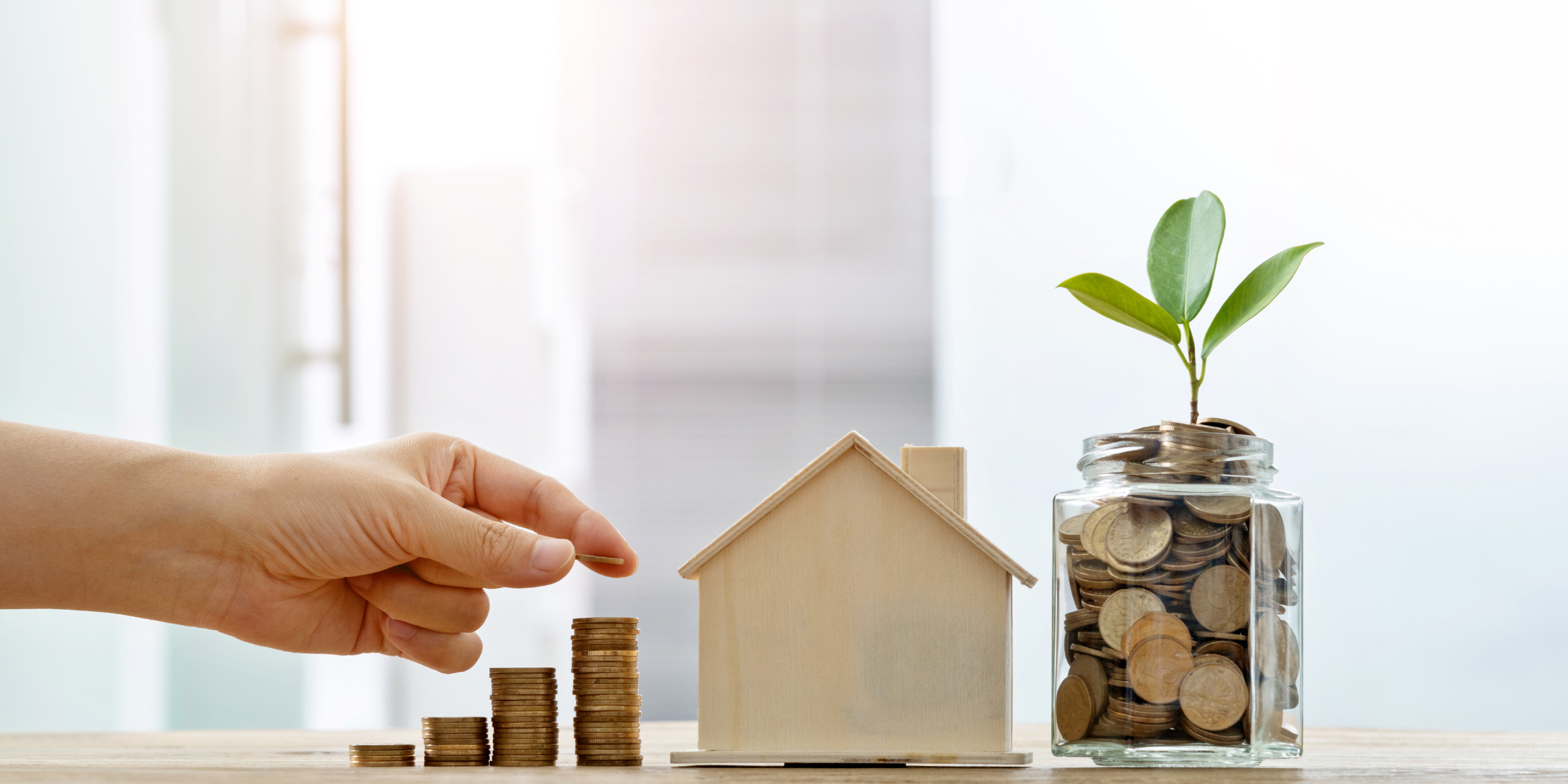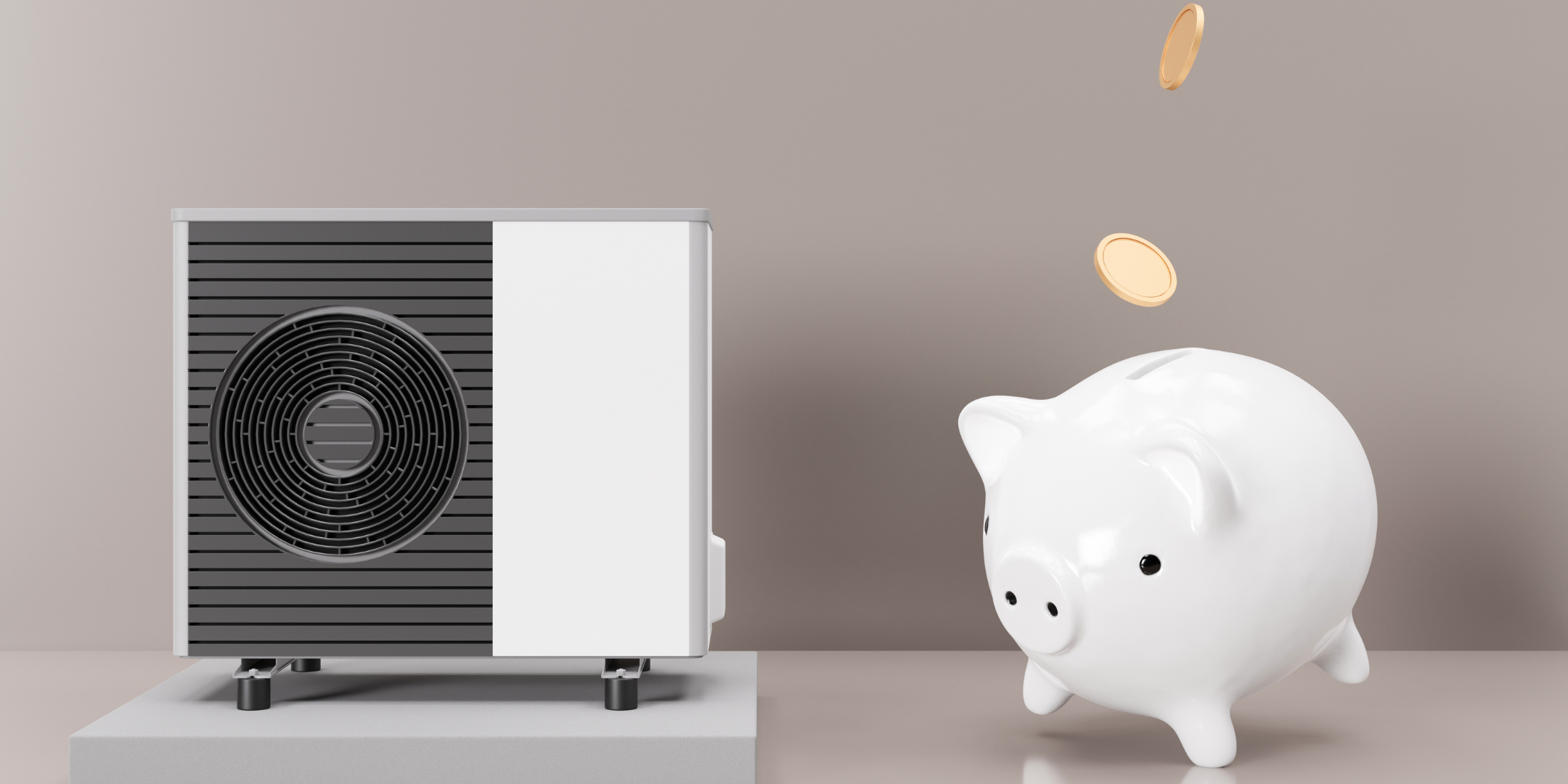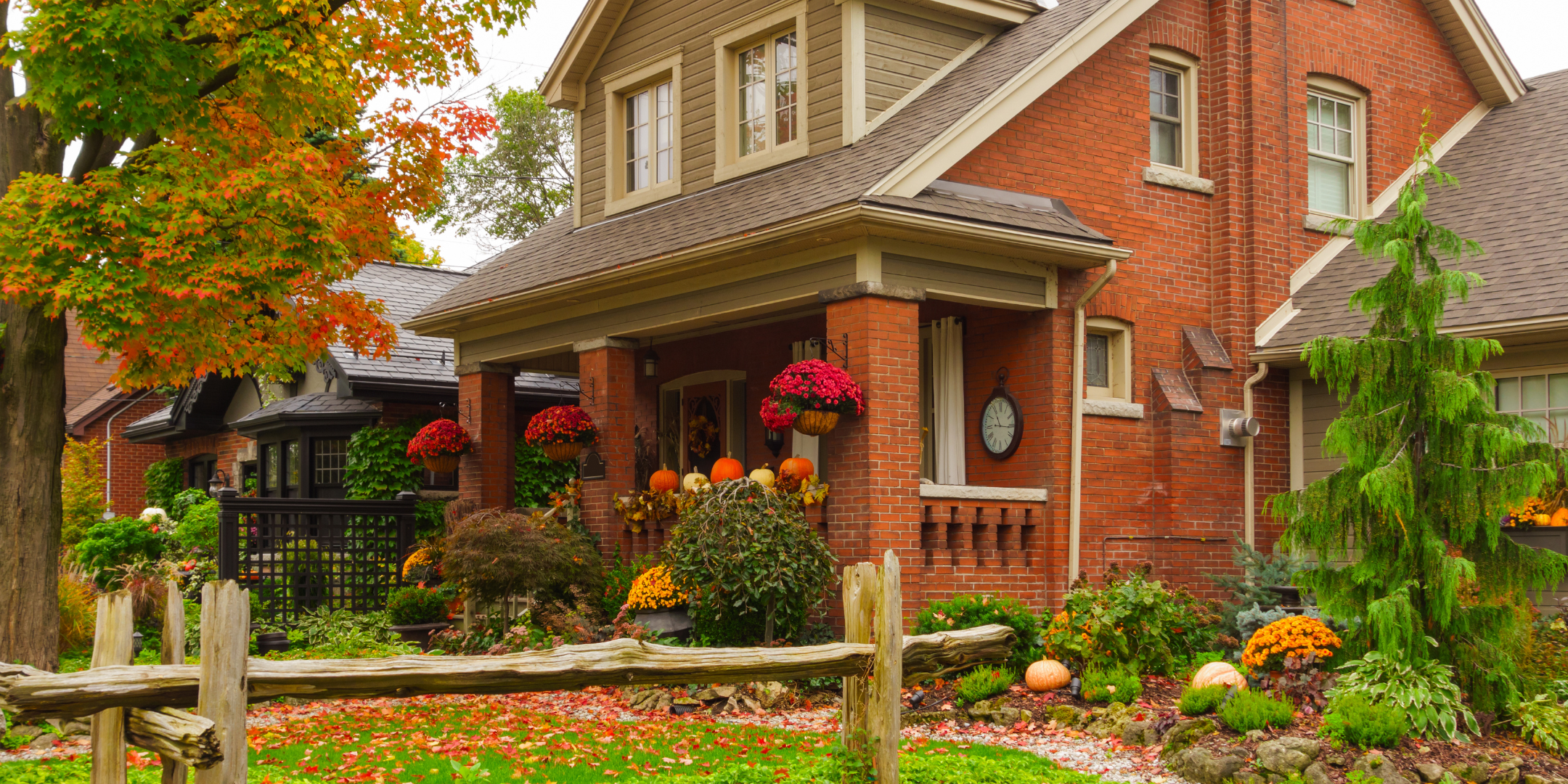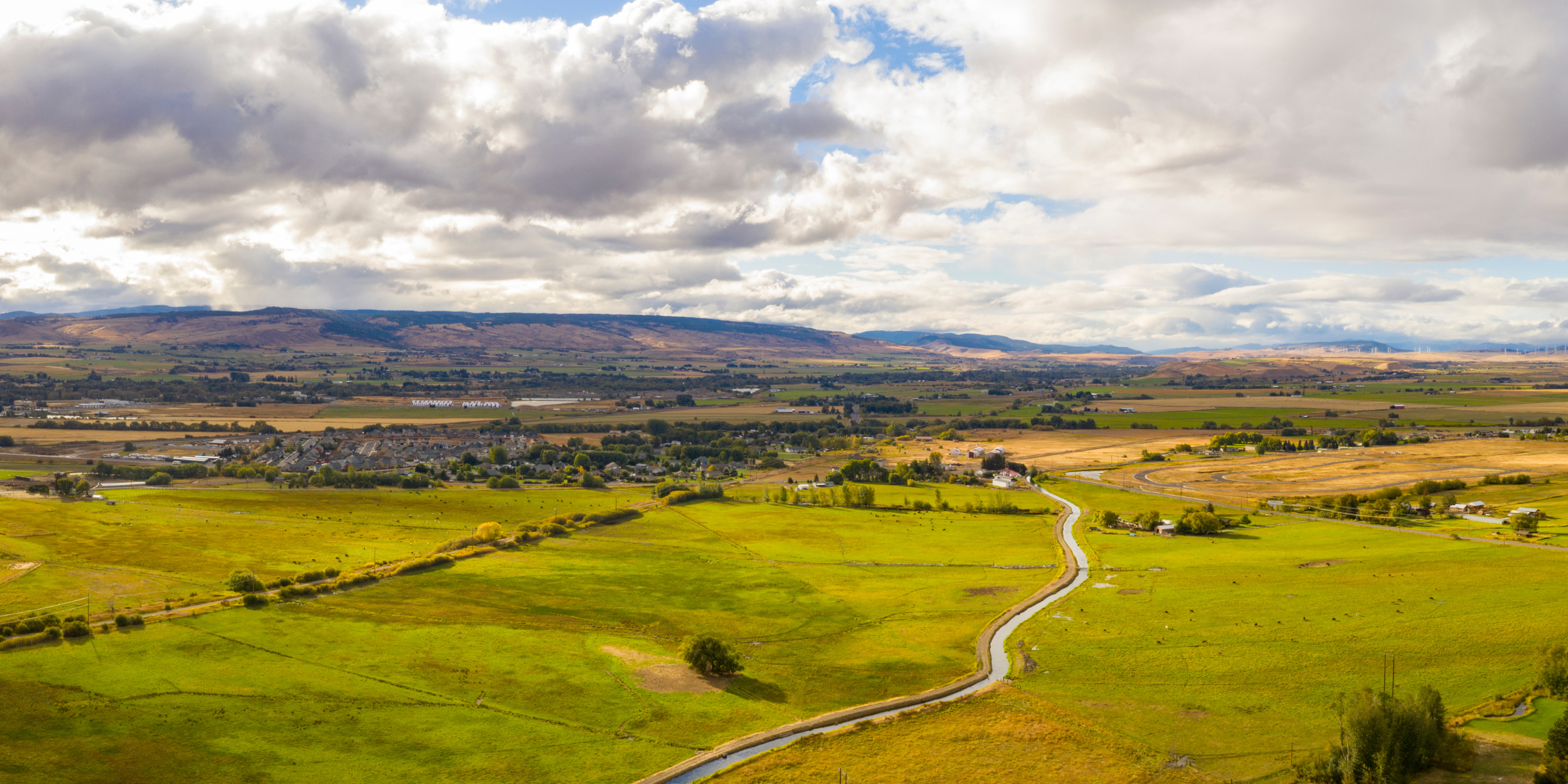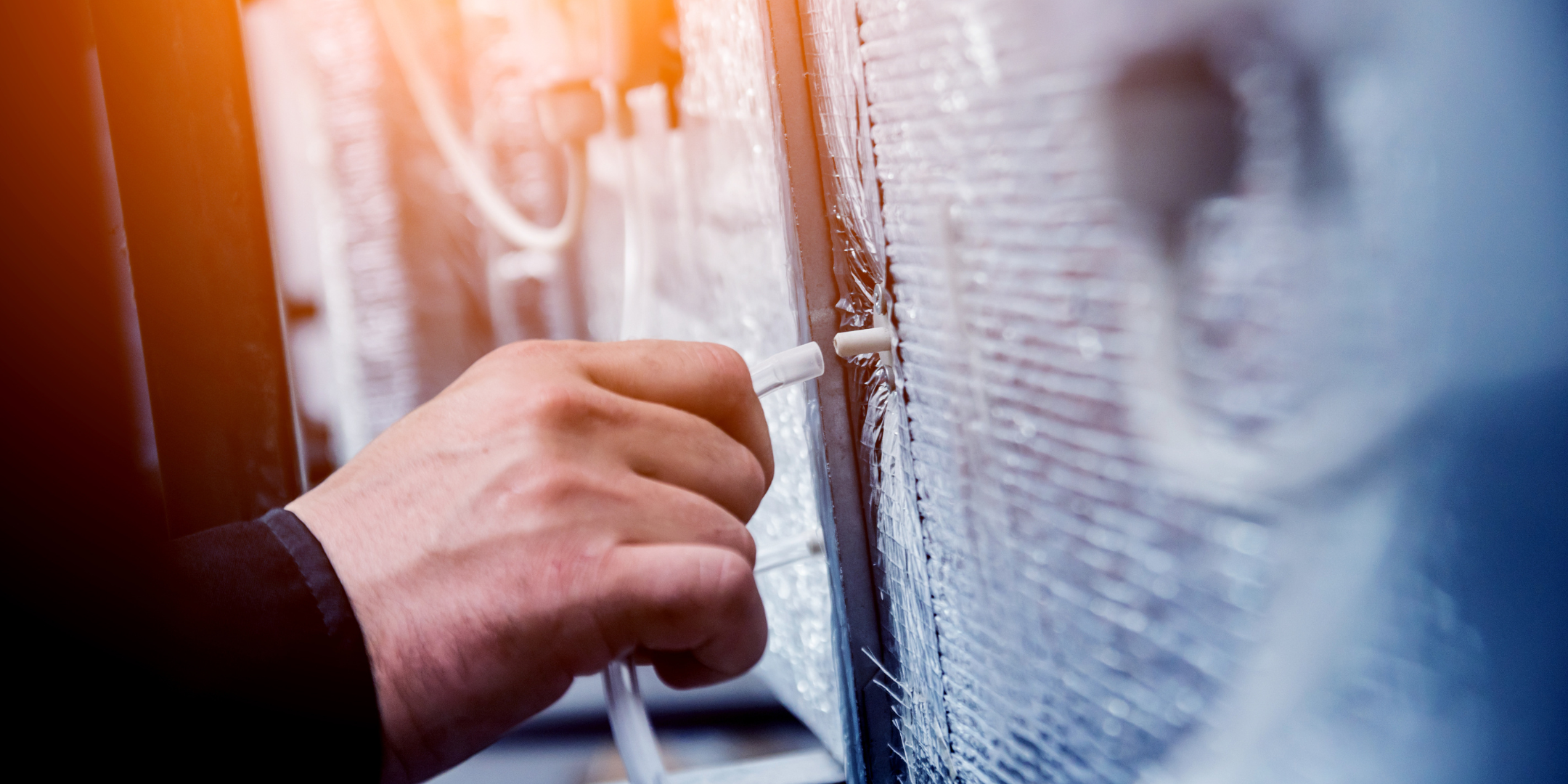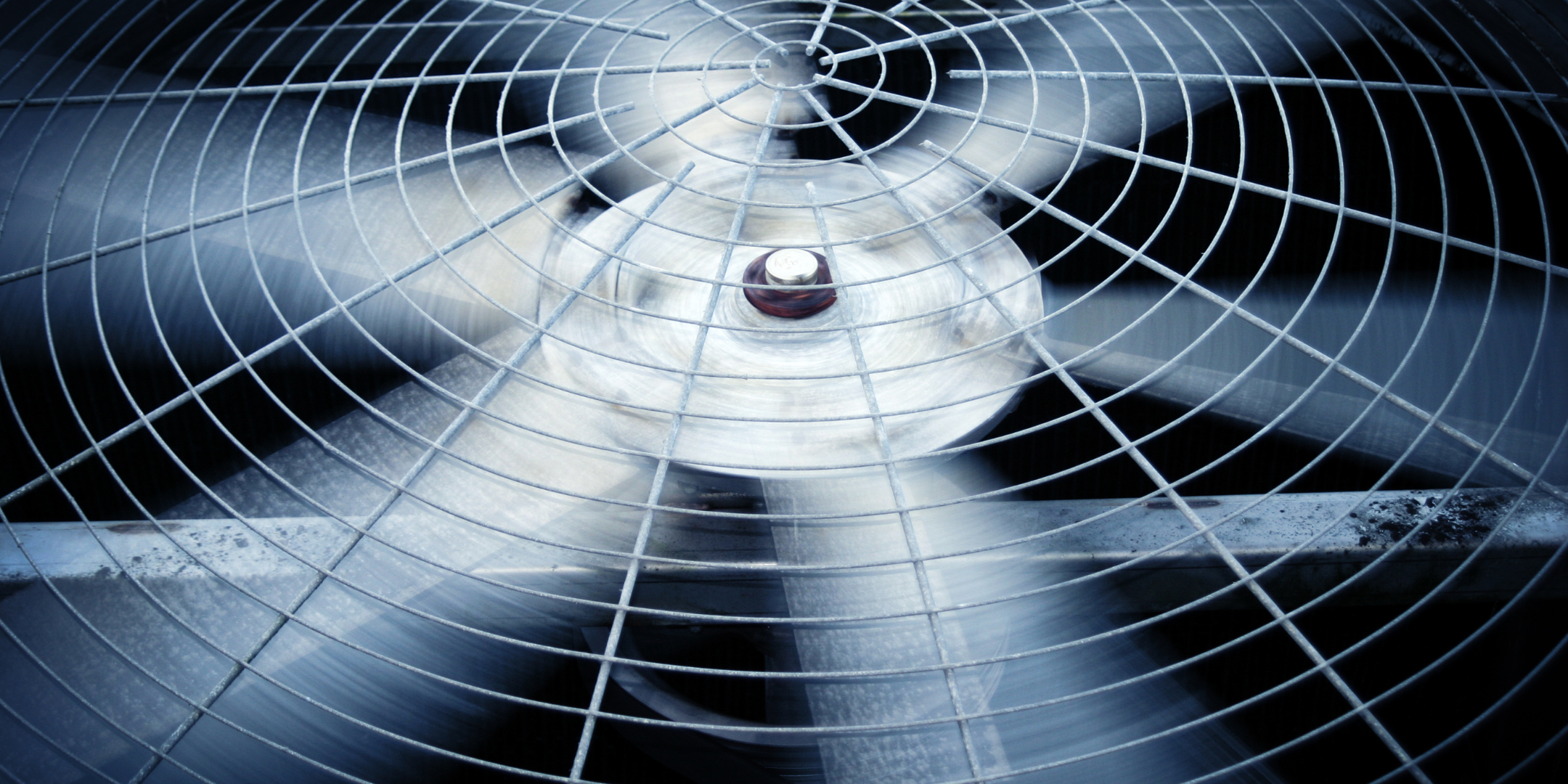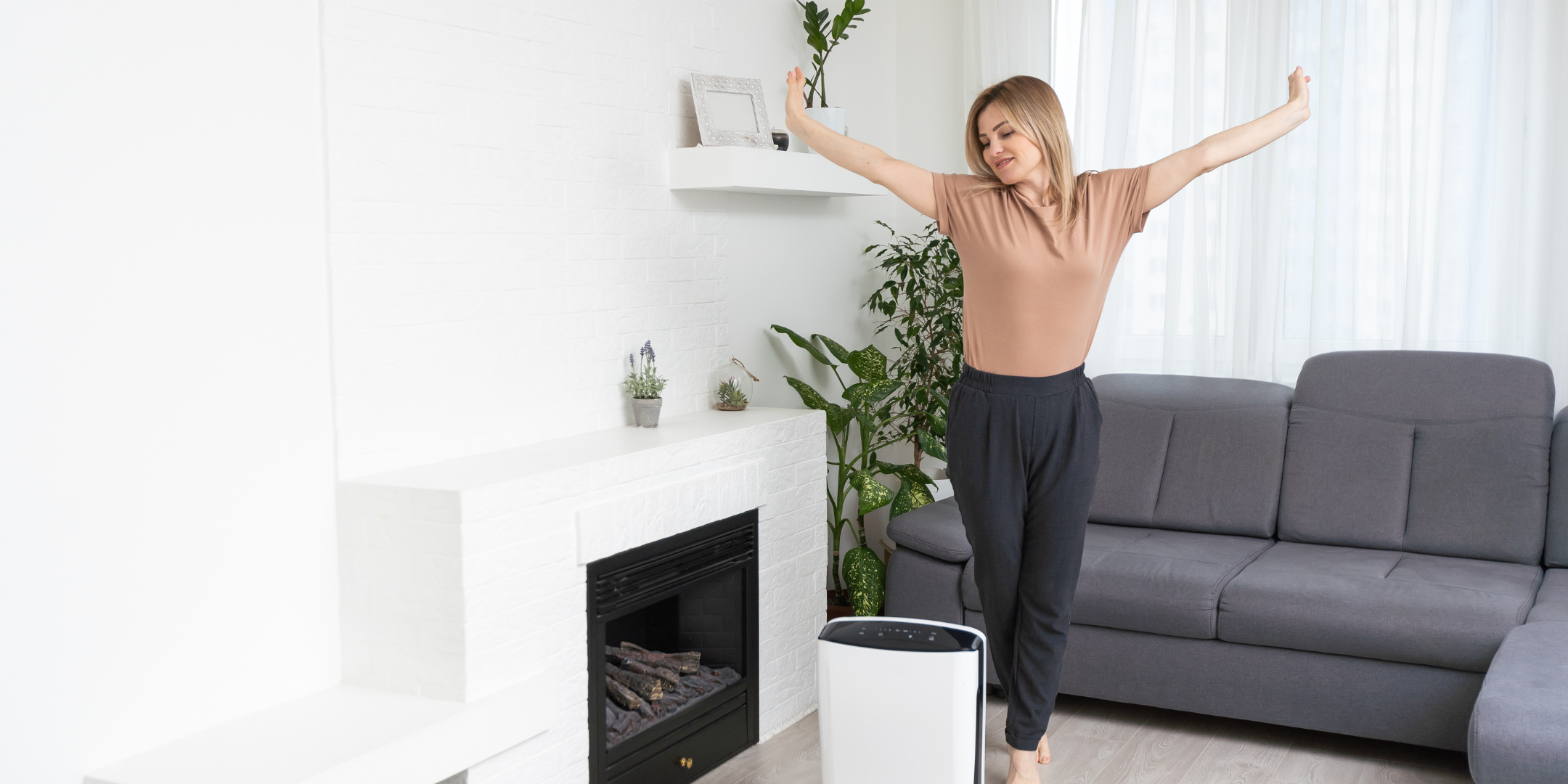
Feeling unsure about whether an air purifier or an air scrubber is the right choice for your home? You're not alone. Many homeowners face the same dilemma, struggling to understand which device will best address their specific air quality concerns. With names so similar, it’s not uncommon to be unsure which one is best.
your home? You're not alone. Many homeowners face the same dilemma, struggling to understand which device will best address their specific air quality concerns. With names so similar, it’s not uncommon to be unsure which one is best.
You might be worried about allergies, respiratory issues, or simply wanting a fresher, cleaner living space. We get it, and we’re here to help. Breathing clean air is crucial for your family's health and well-being, but the technical jargon can be overwhelming.
With over 16 years of expertise in the HVAC industry, we’ve made it our mission to simplify these decisions for homeowners. This article will break down the key differences between air purifiers and air scrubbers, helping you make an informed choice that will ensure a healthier, cleaner environment in your home.
An Overview of Air Scrubbers for Residential Homes
An air scrubber is a device that removes contaminants from both the air and surfaces, ensuring a cleaner environment. It uses advanced technologies such as HEPA filters, UV light, and negative ions to capture and neutralize pollutants like dust, mold spores, bacteria, and viruses. Air scrubbers are particularly effective in industrial settings, construction sites, and areas with severe contamination, providing comprehensive air and surface cleaning.
How do Filters in Air Scrubbers Work?
Filters in air scrubbers capture and neutralize pollutants, ensuring clean air and surfaces. HEPA filters, for instance, trap tiny particles, while UV light and negative ions neutralize harmful contaminants..png?width=11520&height=2304&name=Air%20Scrubber%20v%20Air%20Purifier%20Facts%20(1).png)
How Often to Change Air Scrubber Filters
Filters in air scrubbers typically need to be changed 2-4 times a year, depending on usage and the level of pollutants in your home.
The Cost of a Residential Air Scrubber
The cost of an air scrubber can vary significantly based on several factors, including the type, size, and features of the unit. Here’s a breakdown to give you a clearer idea:
Basic Models
Entry-level air scrubbers typically start around $200 to $500. These models are suitable for smaller spaces and less demanding applications, such as residential use or small offices.
Mid-Range Models
More advanced air scrubbers with additional features like HEPA filters, activated carbon filters, and UV light can range from $500 to $1,500. These units are ideal for medium-sized spaces and more rigorous environments, such as larger offices, workshops, or retail spaces.
High-End Models
Industrial-grade air scrubbers, designed for heavy-duty use in construction sites, large commercial buildings, or areas with significant contamination, can cost between $1,500 and $3,000 or more. These models often come with advanced filtration systems, higher airflow rates, and additional features to ensure comprehensive air and surface cleaning.
Rental Options
For temporary needs, such as a one-day construction project, renting an air scrubber can be a cost-effective option. Rental costs typically range from $50 to $150 per day, depending on the unit's specifications and the rental duration.
Who Should Buy an Air Scrubber for Their Home?
Air scrubbers are ideal for homes with severe contamination issues, such as those near construction sites or industrial areas, or for households with members suffering from severe allergies or respiratory issues. They can significantly improve indoor air quality by removing pollutants, allergens, and odors, creating a healthier living environment.
Who Should Not Buy an Air Scrubber for Their Home?
If your home has relatively clean air or if you’re only dealing with minor allergens, an air scrubber might be overkill. In such cases, a simpler air purifier might suffice and be a more cost-effective solution. Additionally, if you have an HVAC system with a good filtration system already in place, you may not see a significant benefit from an air scrubber.
An Overview of Air Purifiers for Residential Homes
An air purifier is a device that cleans the air in a room by removing pollutants and contaminants. It works by drawing air through various filters that capture dust, pollen, pet dander, smoke, bacteria, and viruses, releasing clean air back into your space. Air purifiers are commonly used in homes and offices to improve indoor air quality and reduce allergy symptoms.
contaminants. It works by drawing air through various filters that capture dust, pollen, pet dander, smoke, bacteria, and viruses, releasing clean air back into your space. Air purifiers are commonly used in homes and offices to improve indoor air quality and reduce allergy symptoms.
How do Filters in Air Purifiers Work?
Filters in air purifiers capture and neutralize airborne pollutants through several different ways, ensuring the air you breathe is clean and free from harmful contaminants. It all depends on the type of filter your air purifier uses.

How Often to Change Air Purifier Filters
Filters in air purifiers typically need to be changed every 6-12 months, depending on usage and the level of pollutants in your home.
The Cost of a Residential Air Purifier
The cost of air purifiers can vary significantly based on factors such as size, features, and brand. Here is a detailed overview:
Basic Models
Entry-level air purifiers typically cost between $50 and $150. These models are suitable for small rooms and may include basic HEPA filters without additional features like activated carbon filters or UV light.
Mid-Range Models
For a more comprehensive air cleaning solution, mid-range models range from $150 to $300. These air purifiers often have enhanced features such as activated carbon filters for odor removal, multiple fan speeds, and sometimes UV light for additional germicidal effects. They are suitable for medium to large rooms.
High-End Models
High-end air purifiers can cost anywhere from $300 to $1,000 or more. These units are designed for large spaces and often include advanced features like smart connectivity, air quality sensors, multiple filtration stages, and higher-grade HEPA filters. Some models also come with features like ionizers and advanced control options through mobile apps.
Commercial-Grade Models
For industrial or commercial settings, air purifiers can range from $1,000 to $5,000 or more. These heavy-duty units are built to handle large volumes of air and severe contamination levels. They often incorporate advanced technologies and robust construction to ensure long-term durability and effectiveness.
Who Should Buy an Air Purifier for Their Home?
Air purifiers are ideal for homes with moderate air quality issues, such as those caused by pets, smoke, or mild allergies.
Who Should Not Buy an Air Purifier for Their Home?
If your home has severe contamination issues or if you require air cleaning for both air and surfaces, an air purifier might not be sufficient. In such cases, consider an air scrubber.
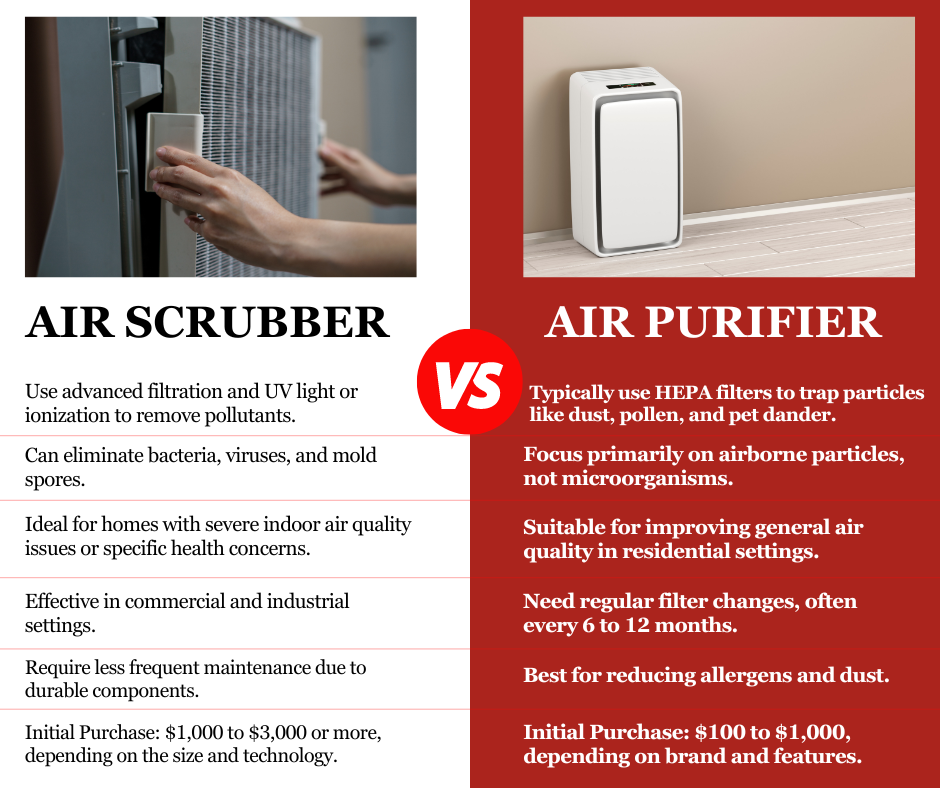
Which Type of Air Quality Machine Should You Choose?
When you first started reading, you were likely unsure about whether an air scrubber or an air purifier is the right choice for improving your home's air quality. This is a common concern among homeowners who want the best for their family's health and are faced with confusing options.
Air scrubbers are great for severe contamination, cleaning both the air and surfaces, while air purifiers are better for removing airborne pollutants and allergens in homes with moderate air quality concerns. With over 16 years of HVAC experience, we specialize in helping homeowners make the right choice for their needs.
Make the right choice for your home's air quality. Now that you know the differences between air scrubbers and air purifiers, dive deeper into air purifiers with our article, “Trane CleanEffects Whole Home Air Cleaner: Price and Review.”
Daphne Hunt holds a bachelor's degree in English and Mass Communication and has a lifelong passion for writing. She thrives on using her skills to craft compelling pieces that inform, inspire, and connect with readers.
Topics:
